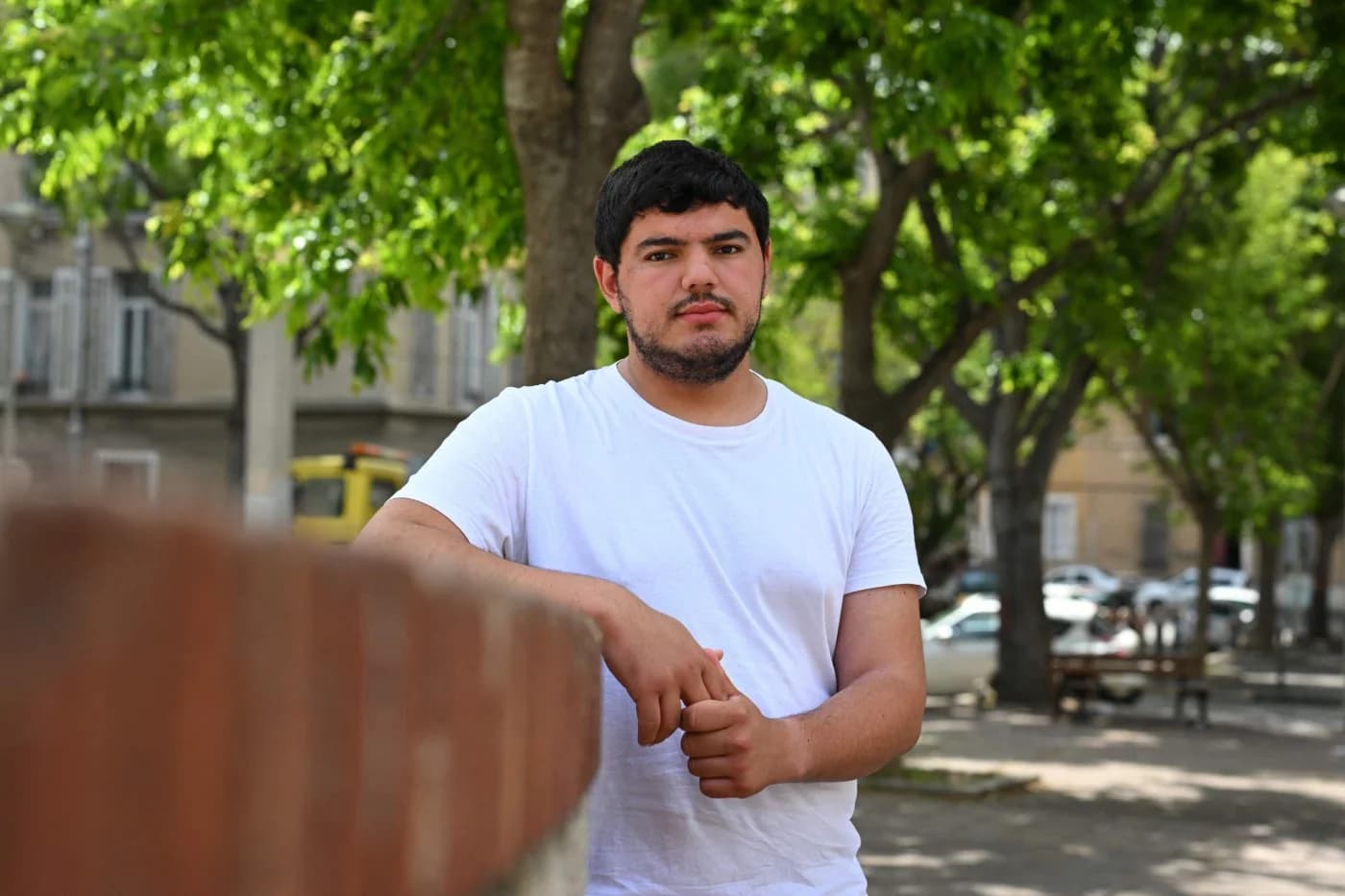We're loading the full news article for you. This includes the article content, images, author information, and related articles.
The targeted killing of an anti-drug campaigner's brother in Marseille escalates France's war on narcotics, a crisis with global trafficking implications that increasingly concern Kenyan and East African security agencies.

MARSEILLE, FRANCE – A prominent French anti-drugs activist has vowed he will not be silenced by criminal intimidation following the murder of his younger brother last week, the second of his siblings to be killed by narcotics gangs in five years. The killing has been labelled a “turning point” by the French government and has escalated concerns over the violent tactics of transnational drug networks.
Amine Kessaci, 22, a well-known campaigner against drug violence in the port city of Marseille, made his defiant stance clear in an opinion piece published in the Le Monde newspaper on Wednesday, November 19, 2025 (EAT). "[The drugs-traffickers] strike at us in order to break, to tame, to subdue," Kessaci wrote. "They want to wipe out any resistance... to kill in the egg any embryo of revolt."
His brother, Mehdi Kessaci, 20, was shot and killed in his car on Thursday, November 13, 2025 (EAT). Investigators believe the murder was a deliberate act of intimidation aimed at Amine for his activism. Unlike his eldest brother, Mehdi had no criminal record and aspired to be a police officer.
This tragedy is the second to strike the Kessaci family. In 2020, Amine's older brother, Brahim Kessaci, 22, was murdered and his body was discovered in a burnt-out car, a gang method known locally as a “barbecue”. It was Brahim's death that propelled a then 17-year-old Amine to found the association Conscience, an organization dedicated to exposing the damage caused by drug gangs and supporting families of victims in Marseille's impoverished northern districts.
The murder of Mehdi Kessaci has sent shockwaves through France, prompting an emergency security meeting at the Élysée Palace on Tuesday, November 18, 2025, convened by President Emmanuel Macron. Following the meeting, Interior Minister Laurent Nuñez described the killing as a “frightening tipping point” and a “new level of violence,” confirming that the government viewed it as a premeditated crime of intimidation. President Macron has called for an intensified battle against drug dealing, with measures aimed at better intercepting drugs at ports and enhancing international judicial cooperation.
Marseille has long been a hub for the narcotics trade in Europe, historically linked to the “French Connection” heroin network. Today, it is a key entry point for cannabis and cocaine, leading to violent turf wars. In 2023, the city recorded a record 49 drug-related homicides. The violence is not contained to Marseille; French authorities are confronting a surge in cocaine-related crime nationwide, with seizures doubling since 2020. This mirrors a broader European trend, with Belgium and the Netherlands also experiencing dramatic increases in criminal violence linked to the cocaine trade.
While the violence in Marseille may seem distant, it is symptomatic of a globalized drug trade that increasingly involves East Africa as a primary transit corridor. According to the United Nations Office on Drugs and Crime (UNODC) and other security analysts, international cartels are diversifying their routes away from heavily monitored paths in North America and Europe. The East African coastline, with its long and poorly monitored shores, has become a strategic hub for trafficking heroin from Asia and cocaine from Latin America destined for Europe and beyond.
A September 2025 report by African Security Analysis noted that Kenya is evolving from a simple transit point into a significant logistics hub and a growing domestic market for cocaine. The Global Initiative Against Transnational Organized Crime confirmed in a February 2024 report that increasing volumes of cocaine from South America are arriving in Kenyan, Tanzanian, and Mozambican ports. This influx not only facilitates trafficking to other continents but also fuels local addiction and crime, posing a direct threat to regional security and public health.
The sophisticated and ruthless methods of the French gangs, including the targeting of family members of activists, serve as a stark warning. As East Africa's role in these transnational networks grows, so does the risk of importing the associated violence and corruption that has plagued cities like Marseille. The French government's declaration of war on trafficking and its push for greater international cooperation is a development that Kenyan authorities will be monitoring closely as they combat the expanding influence of global drug syndicates within their own borders.
Keep the conversation in one place—threads here stay linked to the story and in the forums.
Sign in to start a discussion
Start a conversation about this story and keep it linked here.
Other hot threads
E-sports and Gaming Community in Kenya
Active 9 months ago
The Role of Technology in Modern Agriculture (AgriTech)
Active 9 months ago
Popular Recreational Activities Across Counties
Active 9 months ago
Investing in Youth Sports Development Programs
Active 9 months ago